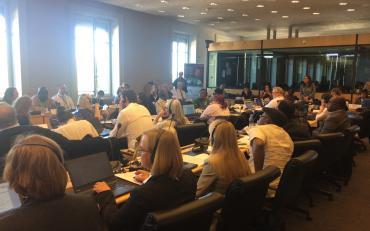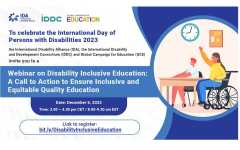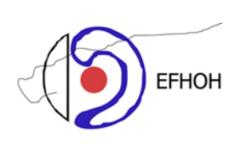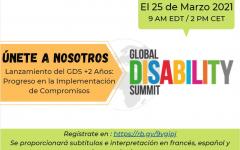Experts on witchcraft and human rights gathered in Geneva on 21 and 22 September in search of solutions to the issue, estimated to kill, maim and affect thousands of people every year and believed to be worsening.
The workshop was organized in partnership with: Witchcraft and Human Rights Network and Lancaster University. Co-organizers and experts: the Special Representative of the UN Secretary General on Violence Against Children, the UN Independent Expert on the human rights of people with albinism; and the UN Special Rapporteurs on extrajudicial, summary or arbitrary executions; on the rights of persons with disabilities, Catalina Devandas Aguilar; and on violence against women.
“In numerous countries around the world, harmful practices related to witchcraft result in serious human rights violations, such as various forms of torture and murder, discrimination and exclusion, including banishment from communities,” said the United Nations Independent Expert on the human rights of persons with albinism, Ikponwosa Ero, through a media release before the event. “These attacks and violations, which frequently target people in vulnerable situations including persons with albinism, are astonishing in their brutality. In addition, there are gaps in applicable legal frameworks and challenges with implementation and enforcement, and far too often perpetrators are not brought to justice. This impunity simply cannot be tolerated.”
Persons with disabilities have commonly been associated with witchcraft related practices, based on widespread stigma linked to sociocultural beliefs about persons with disabilities as cursed or supernatural; that their impairment results from retribution for wrongs committed in past lives, or those committed by parents or family.
Programme Manager in the Human Rights and Economic and Social Issues Section of the Office of the United Nations High Commissioner for Human Rights (OHCHR) , Victoria Lee, attended the meeting and underlined the close relation between witchcraft related human rights violations and persons with disabilities.
“Significant efforts need to be made to raise awareness of all interlocutors, including through education and training, to come to a common understanding and identification of witchcraft related practices as crimes - murder, violence, exploitation - and to combat the impunity which currently reigns” said Victoria Lee, during the event. “Further, outreach to and the involvement of communities, particularly religious and spiritual community leaders, is pivotal to dispel the myths at the core of these harmful practices. All such efforts and initiatives must ensure close consultation with, and the active involvement of persons with disabilities and their representative organisations”, she added.
The workshop enabled UN experts, States, academics and members of civil society to develop a greater understanding of witchcraft and related harmful practices. The event, which put together victims of witchcraft and activists working on the issue from various regions of the world, was held in the margins of the current session of the Human Rights Council.



